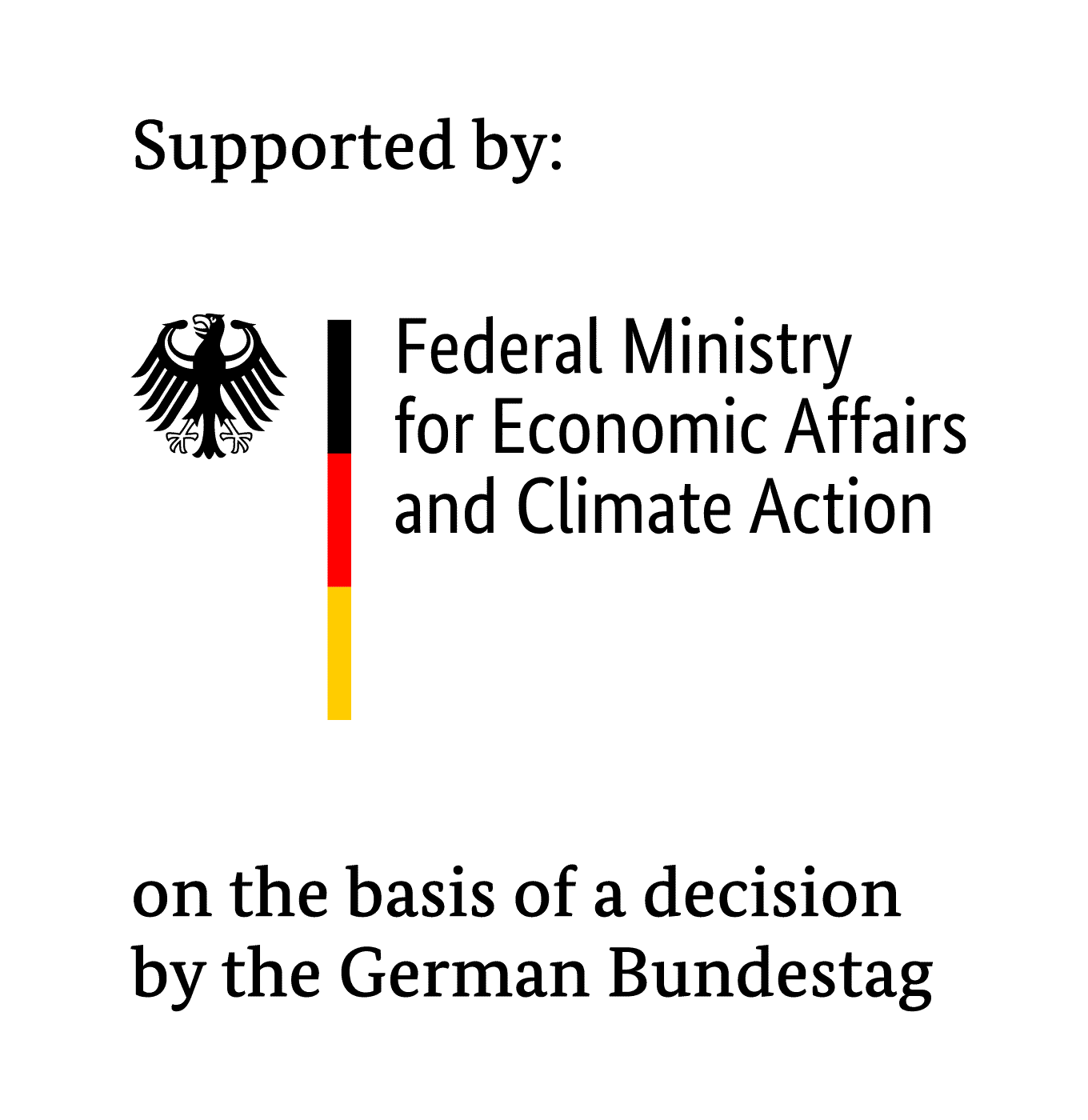
Street – Joint project: Use of highly efficient solar cells in electrically powered utility vehicles
Contact
Prof. Dr. Robby Peibst
Tel.: +49(0)5151-999 313
E-Mail: peibst@isfh.de
In the project ‘Street’ 8 partners from research and industry address the challenge to combine photovoltaics (PV) and electromobility to Vehicle Integrated (VI-) PV and to demonstrate an economically and ecologically reasonable cost-benefit ratio. The consortium is working on a wide range of tasks from single layer, cell and module development to the electrical and mechanical integration of the modules in the vehicle and test drives.
In addition to coordinating the overall project consortium, the sub-project of ISFH has the general objective of developing the third generation of cells or strings (within the framework of the project nomenclature), which enable a high energy yield both under full lighting and partial shading and thus contribute to the overall objective of a reasonable cost-benefit ratio. In addition to a high energy yield, this also requires a potentially inexpensive process flow. The high energy yield is to be achieved with IBC cells (Interdigited Back Contact) in which the emitter is realized in the form of a passivating polysilicon on oxide (POLO) contact. Bypass diodes are to be integrated into each cell so that the strings deliver a high energy yield even under partial shading. The interconnection of the IBC cells to strings is to be based on multi-wire technology. The project objective is the development and provision of highly efficient POLO IBC strings for equipping an electric vehicle, whereby a cell efficiency of 25% is to be achieved.
Duration of the project
01.08.2018 – 31.12.2021
Final report
The final report of the project can be found here!
Funding
The project is funded by the Federal Ministry for Economic Affairs and Energy under grant no 0324275A.



